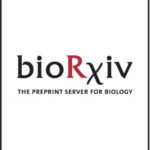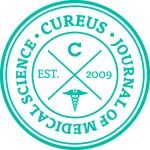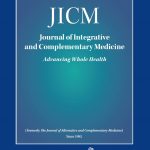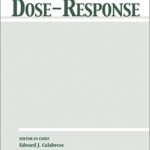An ultra-low dose of Δ9-tetrahydrocannabinol improves Alzheimer’s Disease-related cognitive deficits

Alzheimer’s disease (AD) is the most common form of dementia. AD has a physical, emotional, and economic impact on the patients and their families and society at large. More than a decade since its discovery, there is still no available treatment. Δ9-tetrahydrocannabinol (THC) is emerging as a promising therapeutic agent. Using THC in conventional-high doses may have deleterious effects. Therefore, we propose to use an ultra-low dose of THC (ULD-THC). We previously published that a single injection of ULD-THC elevated Sirtuin-1 (Sirt-1) levels in the brain and ameliorated cognitive functioning in several models of brain injuries as well as in naturally aging mice. Our working hypothesis suggests that ULD-THC can prevent and even reverse AD pathology. In this preliminary study, we saw that a single injection of ULD-THC alleviated cognitive impairments of a mice model for AD, 5xFAD mice. Our work may establish the foundations for the development of a pharmaceutical preparation for the treatment of AD patients, thus, bringing the ULD-THC treatment closer to clinical application.








Lascia un commento
Devi essere connesso per inviare un commento.